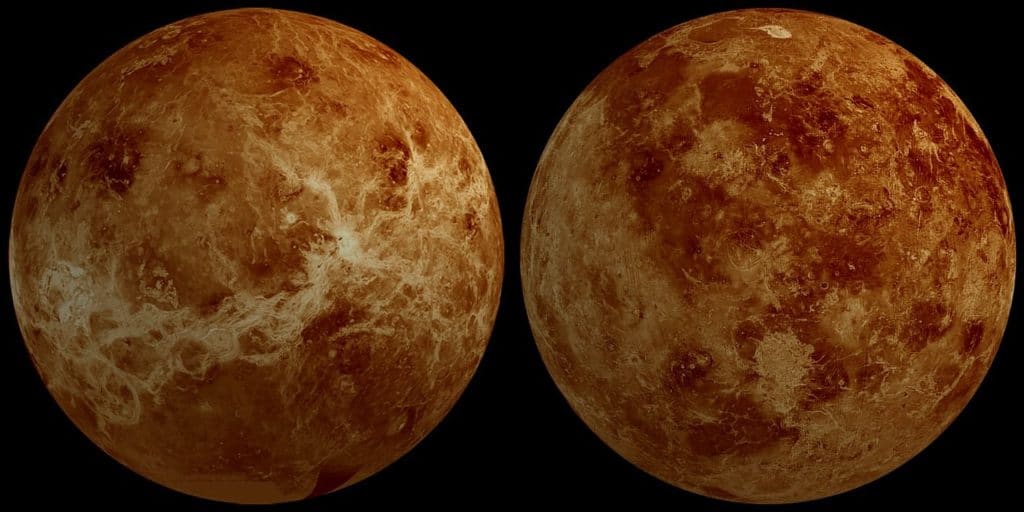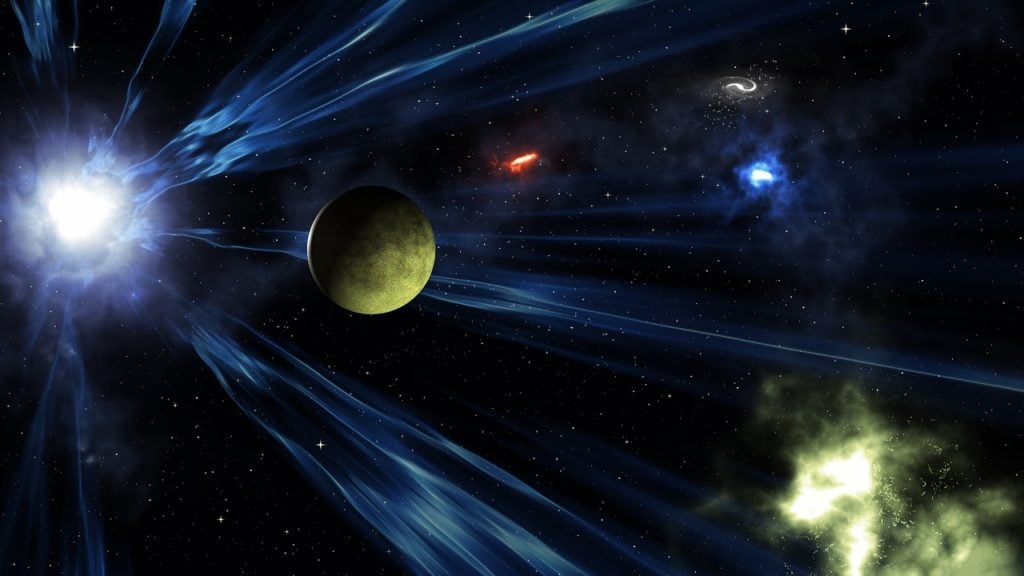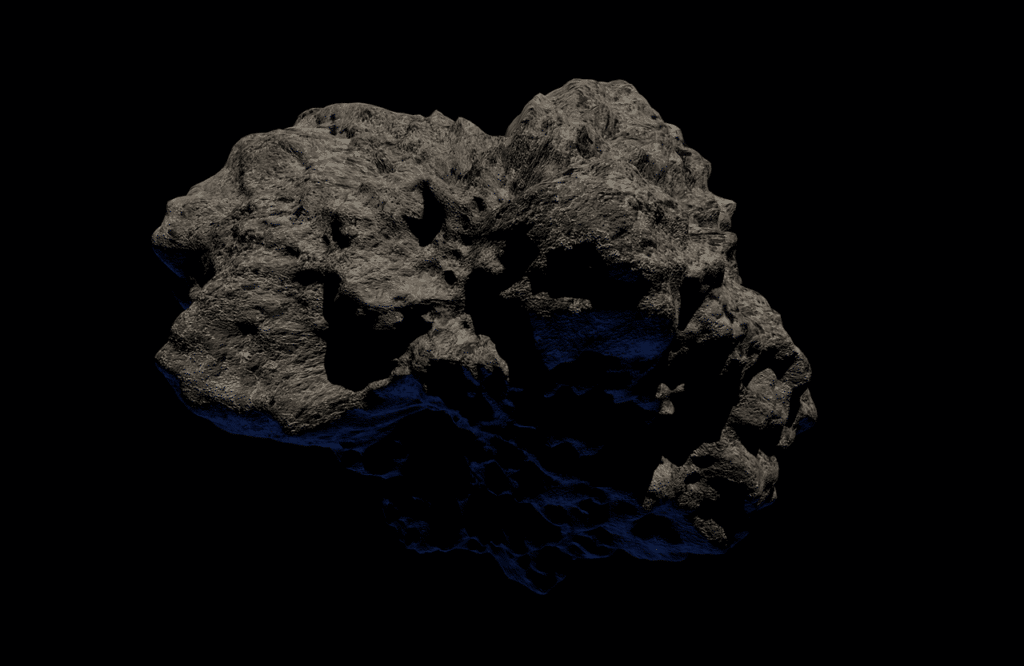It’s always fun learning near things about our world. Today we’re featuring some interesting facts about our solar system that will help you learn more about our world.
For most of us, we spend each day living our life, working, raising kids, and doing what we’re supposed to do to make it in life as adults. It seems in our childhood we were fascinated with the world around us, but now we’re too busy being ‘busy’ to give it a thought.

Today we wanted to inspire you to get in touch with your inner child and experience the excitement that comes with learning something new about our solar system.
Mercury Isn’t the Hottest Planet
Many people would assume that Mercury is the hottest planet in our solar system because it’s the closest to the sun. This would be a false presumption. Since Mercury doesn’t have an atmosphere to hold the sun’s heat in, it’s not as hot as the neighboring planet of Venus.
Venus is 30 million miles away from the sun on average and is shrouded by a super thick atmosphere that measures about 100 times thicker than Earth’s. This means Venus has won the award for being the hottest planet in our solar system, even though it’s further from the sun than Mercury.

Pluto is smaller than the United States
Yup! You read that correctly. The diameter of the United States from Maine to California is about 2,900 miles, but Pluto measures in at just 1,473 miles. This could very well be why in 2015 when we found this measurement out that Pluto was defined as a dwarf planet, not a true planet anymore.
Science Fiction is Wrong
Well, at least when it comes to asteroids! Apparently, the chances that a spacecraft will come into a swarm of asteroids, as often depicted in famous sci-fi films is rather rare. Many spacecraft have to be carefully guided to find an asteroid, never mind coming into swarms of them while in deep space. The only asteroid belt that we know exists in between Jupiter and Mars.

Edge of Solar System is Faraway
The edge of our solar system is actually about 1,000 miles away from Pluto, the furthest planet from the sun. We are aware of a comet cloud, Oort comet cloud that is about half a light-year away from the sun, placing what we know at this moment as the edge of the solar system 1,000 miles further away than the orbit of the dwarf planet, Pluto.
Rare Elements on Earth
Almost every element on Earth is a rare element. While we have seen traces of the elements that create our planet, iron, oxygen, silicon, magnesium, sulfur, nickel, calcium, sodium, and aluminum are unique to Earth. These elements make our planet and often we find traces of the elements in the solar system, but they’re unique to us and considered rare elements.

There you have it, a few fun interesting facts about our solar system you can use during your next trivia night with family and friends. We hope that you learned something new today and will use this information to wow your guests the next time you host a social event.
